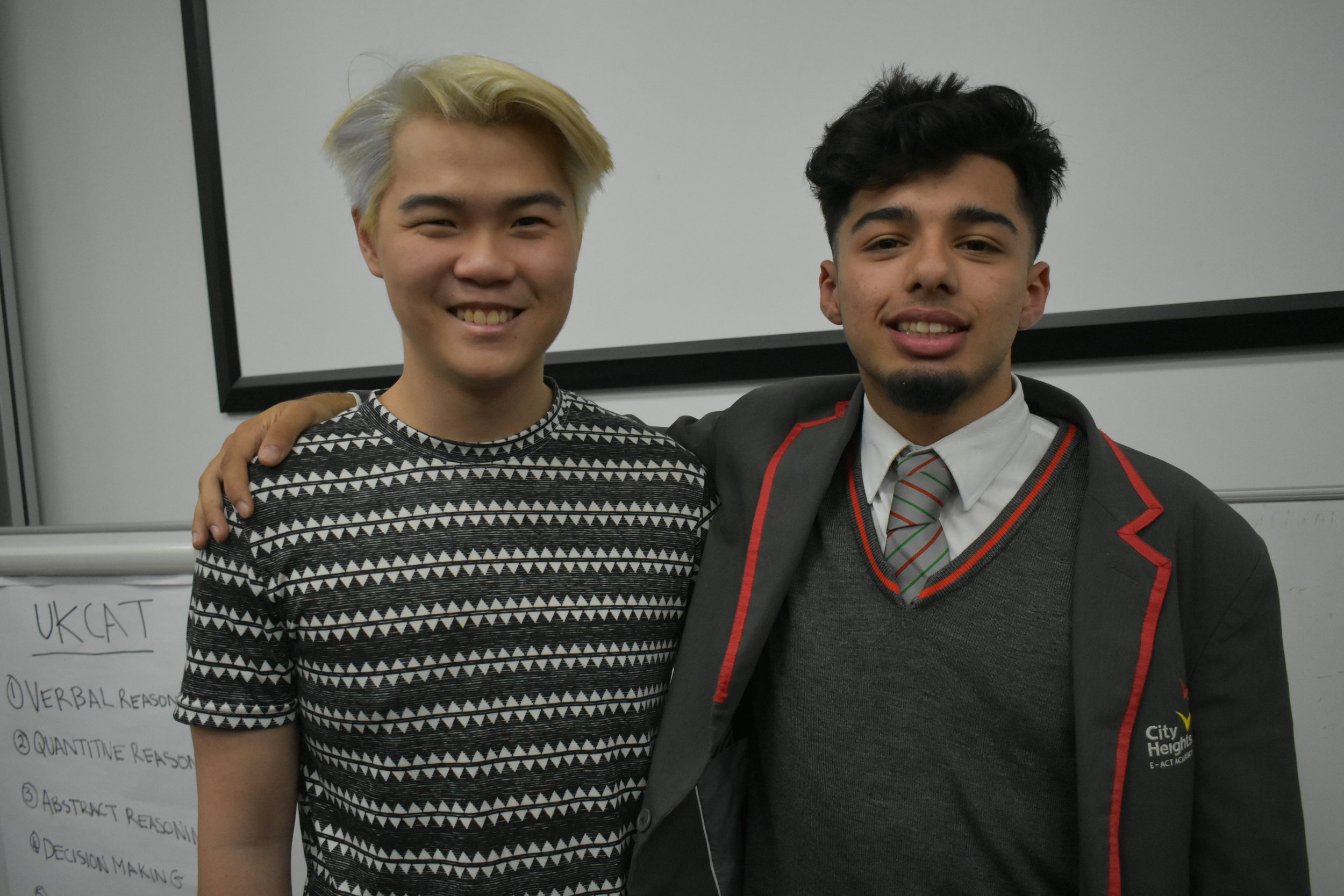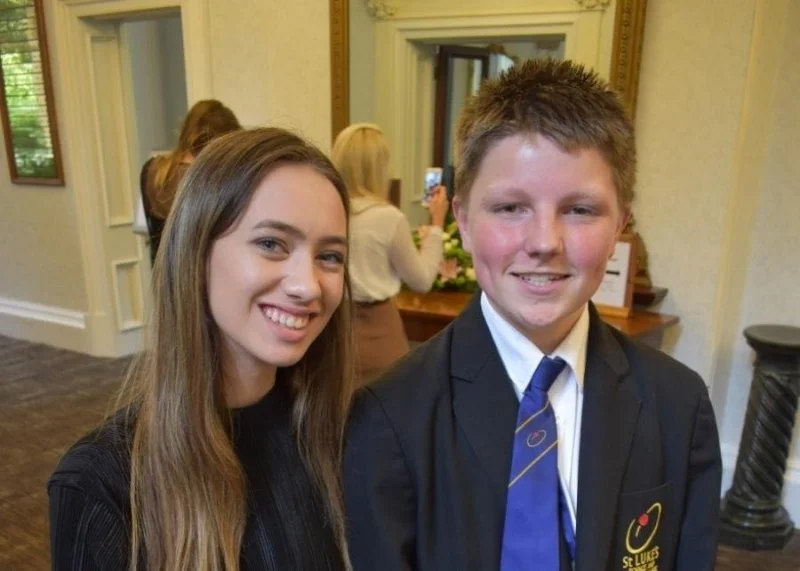We come in the world as a “Tabula Rasa”. John Locke described it as our mind being a “blank slate” without rules for processing data when we are born, and all these are formed solely by one’s sensory experiences.
Everything we do has been influenced by an occurrence at one point in life. We all live in a social world, a world shaped by different ideas which society has been built on. These ideas make up our culture. We tend to focus on specific areas that have more meaning and relevance to us based on our individual experiences. However, the ideas that our social groups are built on also form cultural differences. When talking about intrinsic motivation, cross cultural research suggests that Americans tend to perform better if they have had some form of previous success which motivates them to progress and keep going. Meanwhile, the Japanese are more likely to do better if they are faced with failure, as that will motivate them to work harder in the future. The cultural space we live in shapes the ways we perceive various tasks. Excellence and success are the desired outcomes, but the approach to these can be different.
I studied in Romania and now I live in the UK. I have observed many differences in the way teachers deliver information, the support provided to learners and the learner-teacher relationship. In my homeland, elder teachers raised in a communist world are less likely to promote the children’s creativity and critical thinking, and rather drag them down for what they do not know. Younger teachers attempt to change this by promoting uniqueness and implementing better methods; however, the education system seems to be “on pause” rather than forward thinking and adapting to the world’s current needs.
Wherever I go, I keep asking myself “So why is this relevant to me?”. Individuals fail to see the importance of information that lies as a foundation to our world. I believe this happens often due to lack of real life examples in correlation to our current times. Learners do not see the essential applicability, especially now as technology is rapidly developing and everyone seems to be living a faster life.
By being part of CoachBright, I have discovered that by supporting our younger peers, we help them to find meaning in their learning, find their own answers, reach their potential, and approach the path they choose to follow.
The culture and ways of thinking that our children are exposed to will determine how they will grow and the mindset they will have as adults.
Blog Post by: Carla Bodea, Coach on our Erdington Academy Programme in Birmingham







“Learning is not about getting everything right or checking things off a list, it is about nurturing an attitude of perseverance and resilience.”